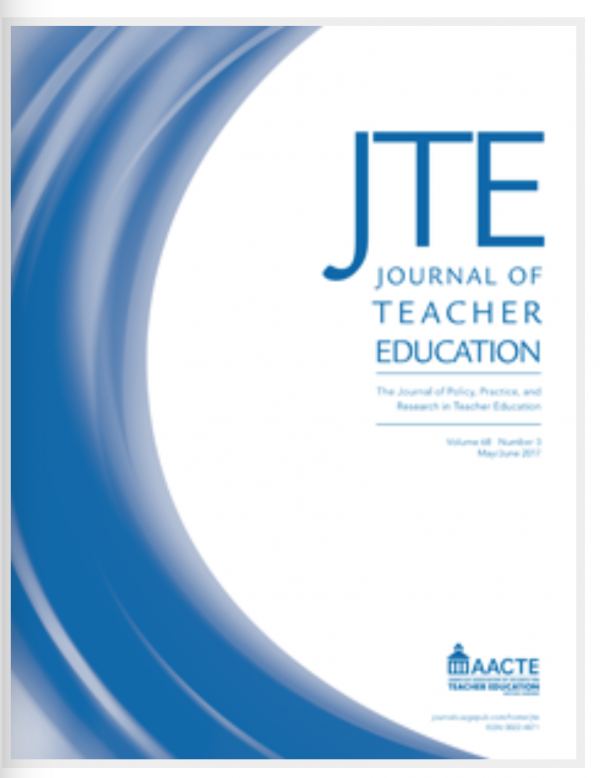Engaging and Working in Solidarity With Local Communities in Preparing the Teachers of Their Children

This article analyzes a programmatic effort in teacher education, “The Community Teaching Strand” (CTS), to engage local community members as mentors of teacher candidates (TCs) in two postgraduate teacher preparation programs in a large research university. Three different conceptions of the nature and purpose of teacher–family–community relations frame the analysis: involving families and communities, engaging families and communities, and working in solidarity with families and communities. Three primary research questions are explored in this article: What do TCs learn through their participation in the CTS? To what extent and how do TCs bring community teaching into their classrooms during the program and as first-year teachers? What programmatic features encouraged and/or constrained TC learning from the community mentors? After describing Mountain City’s “Community Teaching Strand,” the article identifies a set of TC learning and practice outcomes as well as a number of tensions that arose in the programs in the attempt to implement engagement and solidarity approaches to working with families and communities. Finally, the implications of this work for teacher education are discussed.
Resources also tagged Social Justice

Foregrounding Equity in Teacher Education: Toward a Model...
2016

Learning to See Students: Opportunities to Develop Relati...
2016

